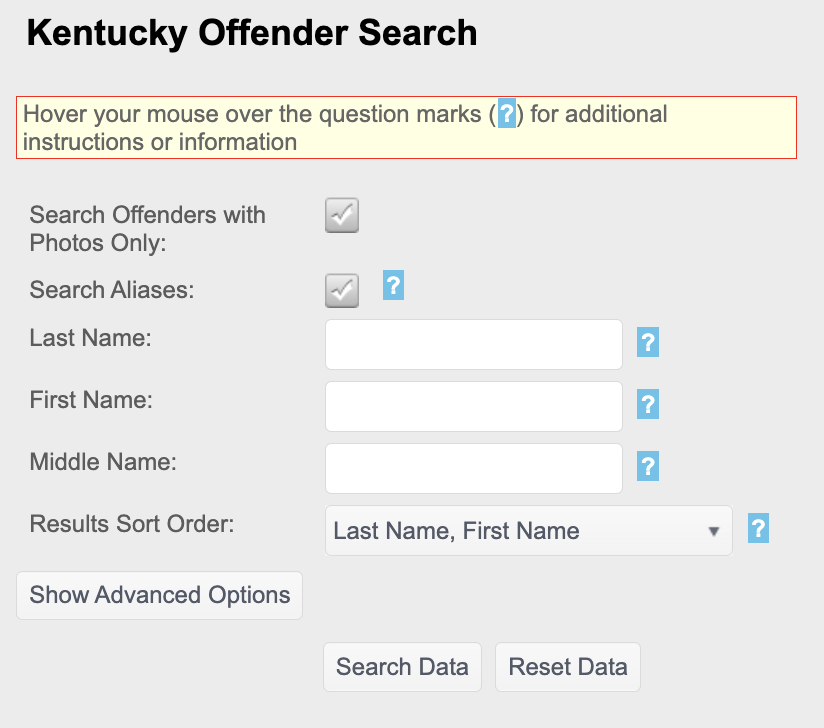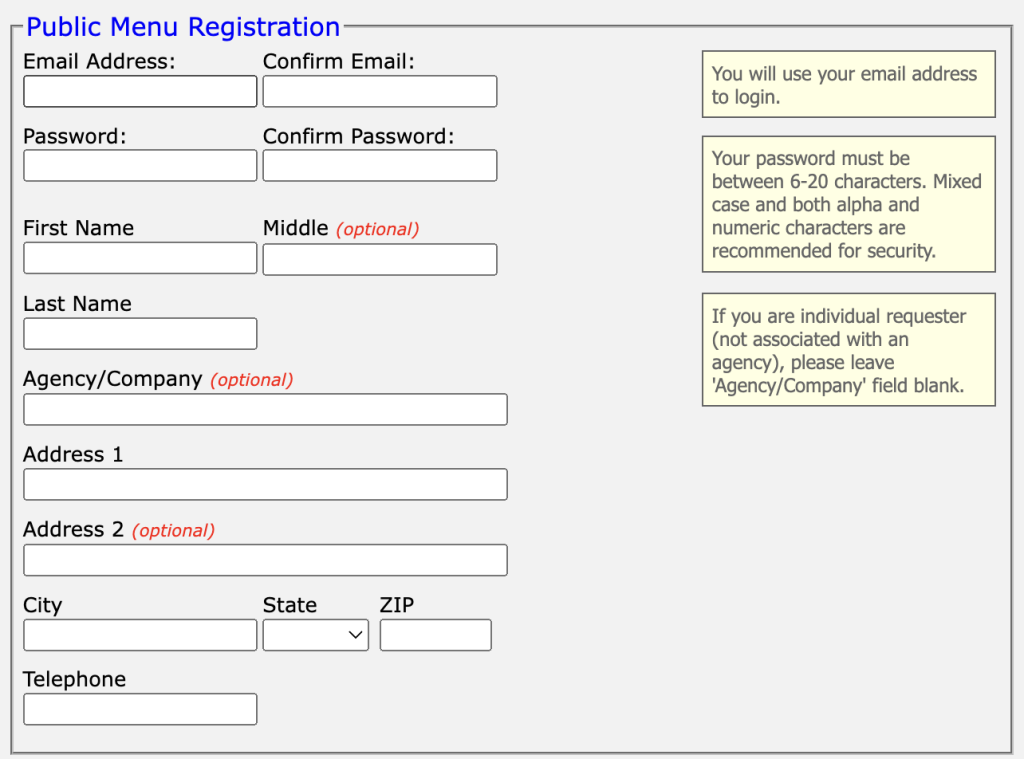Ky Arrests Daviess: Comprehensive Guide To Understanding Arrest Records And Legal Procedures
Arrests in Daviess County, Kentucky, are a critical aspect of the local legal system, reflecting the commitment of law enforcement to maintaining public safety and order. Whether you're a resident, researcher, or simply curious about the legal processes in this region, understanding how arrests are handled is essential. This article delves into the intricacies of "Ky arrests Daviess," providing detailed insights into arrest records, procedures, and related legal frameworks. By the end of this guide, you'll have a clear understanding of how the system operates and the resources available to the public.
Arrest records are not only vital for transparency but also serve as a tool for accountability within the justice system. In Daviess County, these records are meticulously maintained by law enforcement agencies, ensuring that all legal processes are documented and accessible to those who need them. This article aims to demystify the complexities surrounding arrests in this area, offering practical information for individuals seeking clarity.
As part of the broader Kentucky justice system, Daviess County upholds stringent standards in handling arrests and related procedures. By exploring the various aspects of "Ky arrests Daviess," we aim to provide actionable insights that can empower individuals with knowledge and understanding. Let's begin by breaking down the essential elements of this topic.
Read also:Caldwell And Cowan The Ultimate Guide To Their Expertise Legacy And Impact
Table of Contents
- Overview of Ky Arrests Daviess
- Legal Framework Surrounding Arrests in Daviess County
- The Arrest Process in Kentucky
- Accessing Arrest Records in Daviess County
- Common Charges in Ky Arrests Daviess
- The Role of Arrests in Public Safety
- Privacy Considerations for Arrest Records
- Statistical Insights on Arrests in Daviess County
- Useful Resources for Further Information
- Conclusion and Call to Action
Overview of Ky Arrests Daviess
Understanding the landscape of "Ky arrests Daviess" requires a foundational knowledge of the county's legal environment. Daviess County, located in western Kentucky, is home to a robust law enforcement system designed to uphold justice and protect citizens. Arrests in this region are governed by state laws and local ordinances, ensuring consistency and fairness in legal proceedings.
Key Aspects of Arrests in Daviess County
- Arrests are initiated based on probable cause, as determined by law enforcement officers.
- Legal documentation, including warrants and citations, plays a crucial role in the arrest process.
- Public access to arrest records is regulated by state laws, balancing transparency with privacy concerns.
In addition to these core elements, the county employs advanced technologies and systems to streamline arrest procedures, enhancing efficiency and accuracy. This commitment to modernization ensures that the justice system remains effective and responsive to the needs of the community.
Legal Framework Surrounding Arrests in Daviess County
The legal framework governing "Ky arrests Daviess" is rooted in both state statutes and local regulations. Kentucky's penal code provides the foundation for arrest procedures, while Daviess County supplements these laws with specific guidelines tailored to its jurisdiction.
Key Laws and Regulations
- Kentucky Revised Statutes (KRS): Outlines the legal requirements for arrests and related procedures.
- Daviess County Ordinances: Address local issues and provide additional context to state laws.
- Fourth Amendment Protections: Ensure that arrests are conducted lawfully, respecting citizens' rights against unreasonable searches and seizures.
These laws work in tandem to create a comprehensive legal framework that guides law enforcement officers in their duties. By adhering to these regulations, officers can effectively enforce the law while safeguarding the rights of individuals.
The Arrest Process in Kentucky
The process of making an arrest in Kentucky, including "Ky arrests Daviess," involves several critical steps designed to ensure fairness and legality. From the initial investigation to the final booking, each stage plays a vital role in the overall justice system.
Steps in the Arrest Process
- Investigation: Law enforcement gathers evidence to establish probable cause.
- Arrest: Officers execute the arrest, ensuring compliance with legal standards.
- Booking: The individual is processed, including fingerprinting and photographing.
- Charging: Formal charges are filed, leading to further legal proceedings.
Each step is meticulously documented, creating a transparent record of the arrest process. This documentation is crucial for both legal proceedings and public accountability.
Read also:Champaign County Jail Bookings Comprehensive Insights And News Gazette Updates
Accessing Arrest Records in Daviess County
Obtaining arrest records in Daviess County is a straightforward process, facilitated by both online and offline resources. The Kentucky State Police and local law enforcement agencies maintain comprehensive databases that allow the public to access these records legally.
Methods for Accessing Arrest Records
- Online Databases: Provided by the Kentucky State Police and other authorized agencies.
- In-Person Requests: Available at local law enforcement offices, with necessary documentation.
- Public Libraries: Offer access to digitized records and resources for research purposes.
It's important to note that access to certain records may be restricted based on privacy laws and the nature of the arrest. Understanding these limitations is key to navigating the system effectively.
Common Charges in Ky Arrests Daviess
In Daviess County, arrests often involve a range of charges, reflecting the diversity of legal issues encountered by law enforcement. From traffic violations to more serious offenses, the types of charges vary widely, impacting the legal process and potential outcomes.
Types of Common Charges
- Traffic Violations: Including speeding, DUI, and reckless driving.
- Drug-Related Offenses: Covering possession, distribution, and manufacturing.
- Property Crimes: Such as burglary, theft, and vandalism.
Each charge carries specific legal implications, influencing the severity of the case and the potential consequences for the accused. Understanding these distinctions is crucial for anyone involved in the legal process.
The Role of Arrests in Public Safety
Arrests in Daviess County play a pivotal role in maintaining public safety and order. By addressing criminal behavior promptly and effectively, law enforcement agencies contribute to a safer community environment. This proactive approach helps deter crime and reassures residents of their security.
Benefits of Effective Arrest Procedures
- Reduction in Crime Rates: Demonstrated by consistent declines in certain categories of offenses.
- Community Confidence: Strengthened trust between citizens and law enforcement.
- Legal Accountability: Ensures that individuals are held responsible for their actions.
These benefits underscore the importance of arrests in fostering a safe and secure community, aligning with the broader goals of the justice system.
Privacy Considerations for Arrest Records
While transparency is a cornerstone of the justice system, privacy considerations must also be addressed when handling arrest records. In "Ky arrests Daviess," the balance between openness and confidentiality is carefully managed to protect individuals' rights while maintaining public access to information.
Privacy Laws and Regulations
- Kentucky Open Records Act: Governs the release of public information, including arrest records.
- Exclusions for Sensitive Information: Protects personal data that could compromise privacy or safety.
- Sealing and Expungement: Options available for certain records under specific conditions.
By adhering to these regulations, the system ensures that privacy is respected while upholding the principles of transparency and accountability.
Statistical Insights on Arrests in Daviess County
Data and statistics provide valuable insights into the trends and patterns of "Ky arrests Daviess." Analyzing these figures helps identify areas for improvement and highlights the effectiveness of current strategies.
Key Statistics
- Annual Arrest Rates: Reflecting changes over time and indicating overall trends.
- Demographic Breakdowns: Offering a deeper understanding of who is affected by arrests.
- Recidivism Rates: Measuring the success of rehabilitation and prevention efforts.
These statistics, sourced from reputable organizations such as the Kentucky State Police and the FBI, provide a comprehensive view of the arrest landscape in Daviess County.
Useful Resources for Further Information
For those seeking additional information on "Ky arrests Daviess," several resources are available to assist with research and inquiries.
Recommended Resources
- Kentucky State Police: Official website offering detailed information on arrest records and procedures.
- Daviess County Sheriff's Office: Local law enforcement agency providing insights into regional operations.
- Legal Aid Organizations: Offering support and guidance for individuals navigating the justice system.
Accessing these resources can enhance your understanding and provide practical assistance when needed.
Conclusion and Call to Action
In conclusion, understanding "Ky arrests Daviess" is essential for anyone interested in the workings of the local justice system. By exploring the legal framework, arrest processes, and related resources, we gain valuable insights into how arrests are managed and their impact on the community. This knowledge empowers individuals to engage more effectively with the system and advocate for transparency and accountability.
We encourage readers to take action by exploring the resources mentioned in this article and sharing their findings with others. Engaging in informed discussions about arrests and the justice system can lead to positive change and improved outcomes for all. Additionally, consider leaving a comment or sharing this article to help spread awareness and foster a more informed community.


